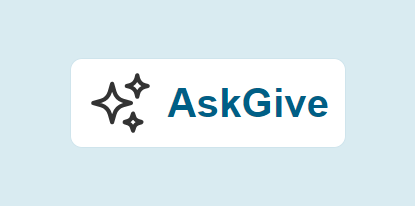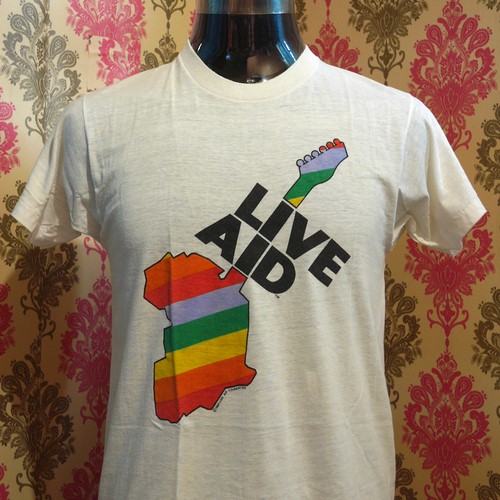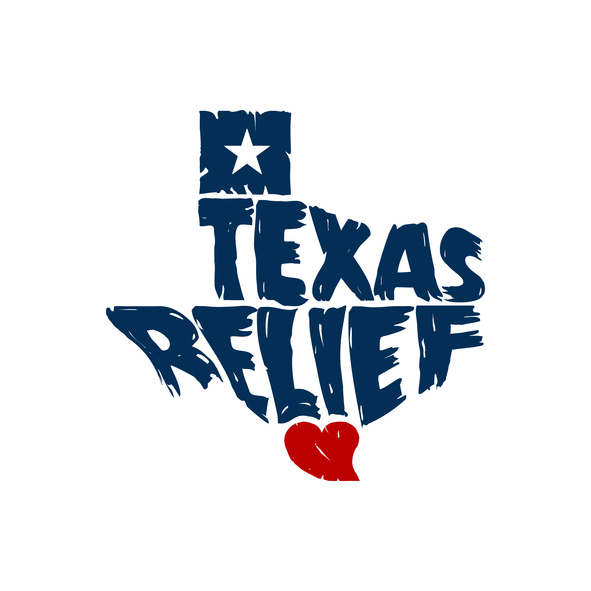With government aid programs shrinking, charities are bracing for an influx of families in need of school-year essentials.
The Need Is Growing, While Resources Shrink
As millions of children head back to school, many families are struggling to afford basic necessities. Charities supporting families with school-aged children are preparing for a surge in demand, even as they struggle with the impact of recent government funding cuts.
For example, as reported by the Urban Institute, approximately 22.3 million U.S. families (mostly working families and those with children) will lose some or all of their SNAP benefits as a consequence of the bill (H.R. 1) passed in July 2025. With low-income households losing eligibility or facing benefit cuts, reliance on food banks is expected to rise. Food banks, which are already facing reductions in government funding, call for empathy and public support.
How You Can Help Charities Support Children This School Year
Here are a few ways you can make a difference:
- Support Charities in your Community: Whether their programs include backpack drives, meals, or after‑school programs, you can make a difference in your community by donating or volunteering.
- Support National Charities with Broad Reach. For example, visit Feeding America (a BBB Accredited Charity) to help locate a food bank near you.
- Ask the charity how you can best support them. While in-kind gifts like clothing, school supplies, or food are appreciated, cash donations can often go further.
- Give to Trustworthy Charities: Visit Give.org to see if the charity meets the 20 BBB Standards for Charity Accountability(i.e., a BBB Accredited Charity). If a BBB charity report is not available on a shelter, review the organization’s website for additional details about its services, needs, and achievements.
Heart of Giving Podcast – Ken Phillips on Building Trust in a Skeptical World
This week’s Heart of Giving podcast features a discussion with Ken Phillips, founder of NGO Futures LLC which provides training and consulting services to non-governmental organizations. This episode tackles one of the most pressing challenges facing charities worldwide: declining public trust. The conversation offers practical wisdom for nonprofit leaders, donors, and anyone concerned about strengthening public trust in charitable organizations.
Want more episodes? Check out the full series here.
Recent Reports
We are always working with charities to publish or update reports for donors. Visit Give.org or local BBBs to check out any charity before giving. Our recently evaluated charities include:
- Ranked Choice Voting Resource Center
- World Relief Corporation of National Association of Evangelicals
- Ukrainian Freedom Fund
Finally, remember to let us know by going to give.org/charity-inquiry if you are interested in seeing a report on a charity not on the list and we will do our best to produce one.










